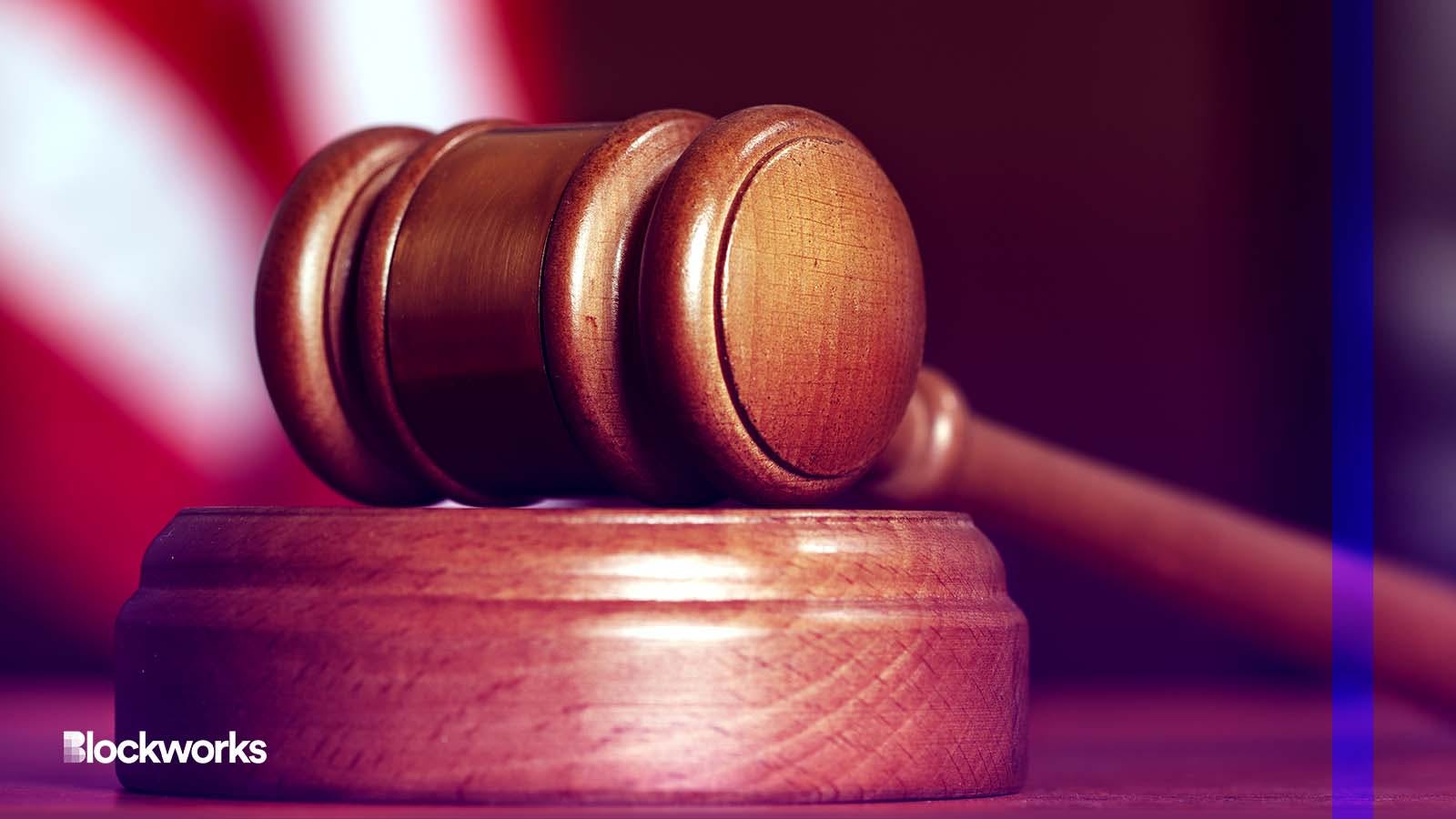Judge shuts down Terraform’s motion to dismiss, despite use of Ripple ruling
A judge has denied a motion to dismiss that Terraform filed earlier this month

Alex Staroseltsev/Shutterstock modified by Blockworks
Terraform’s motion to dismiss has been denied.
Judge Jed Rakoff filed a 50-page opinion on Monday explaining why Terraform’s motion to dismiss, the arguments for which in part relied on the recent Ripple ruling, will not be upheld.
Rakoff said the Ripple ruling does not apply to the SEC’s case against Terraform and its cofounder Do Kwon. The Terraform and Ripple cases are separate, and Rakoff’s opinion referencing Ripple has no bearing on that case’s outcome.
The long-awaited Ripple ruling saw a judge issue a summary judgment saying that programmatic sales of XRP did not constitute an unregistered securities offering, though their institutional sales did. The outcome could be appealed by either party.
As it relates to Terraform’s case, the Howey test does not make a distinction between purchasers, so it doesn’t matter if a cryptocurrency or token is bought directly from the defendant or purchased on the secondary market, the court found.
“Simply put, secondary-market purchasers had every bit as good a reason to believe that the defendants would take their capital contributions and use it to generate profits on their behalf,“ the judge ruled.
The judge overseeing Terraform’s case — including the unregistered offerings of securities and fraud counts — said the SEC’s allegations have merit in declining to dismiss charges.
In terms of the fraud charges, the judge said that the SEC’s “factual allegations” that the defendants “had the motive to mislead investors about the utility of their crypto-assets” are being held because the SEC has proven that there’s enough evidence to pursue the charge.
The same goes for the unregistered securities offerings, with the judge writing that “contrary to defendants’ arguments, the SEC has pled sufficient facts to support this theory of liability.”
Put simply, “the defendants, however, misunderstand the SEC’s allegations,” he wrote.
The SEC filed a lawsuit against Terraform and Kwon in February, nearly a year after the depegging of the TerraUSD stablecoin.
Get the news in your inbox. Explore Blockworks newsletters:
- The Breakdown: Decoding crypto and the markets. Daily.
- 0xResearch: Alpha in your inbox. Think like an analyst.






